There’s this thing that happens to all of us from time-to-time, where we have so much “ahhh” and emotional overwhelm that we have no idea what to do. It’s like our ability to think gets log-jammed with whatever anxiety-inducing thing just showed up. And then…we forget what direction is up and what direction is down.
For you, it might be an unexpected argument with your spouse that shows up out of nowhere. You’re in the middle of a normal day, a verbal tussle breaks out, and something is said that magically (tragically) takes away all of your ability to piece together a sentence or rebuttal. For me, it can be a number of things: an uninvited barking dog, a wailing cry from my son, or being around someone who comes across as lazy or negligent with their life. They each can push my equilibrium into a space of disarray.
Familiar?
We’ll call this thing anxiety. Some counselors might call it hyperarousal and others might just call it overwhelm. But I’ll go out on a limb and call it anxiety. Anxiety is the thing that log-jams our mind and pushes our equilibrium into a space of disarray. It’s our body’s learned response to some outside (or inside) trigger, and it makes us feel countless things the moment we start to experience it. Sometimes, it solicits this feeling of “I’m crazy and no one understands.” Other times, the anxiety gives us this feeling that says “we have to get this ______ done, or else.” It’s the inexplicable desperation, the “aliens-are-after-me” fear, and the “why is everyone so terrible to me” type feeling. That’s anxiety.
Familiar?
If I had to guess, you’d say that anxiety is an enemy. It sneaks up on you when you’re not looking, tries to shut you down, attempts to shut you up, and tries its hardest to push you over the edge. The reality, though, is that anxiety is part of our design. Better yet, it’s a great momentary friend. Anxiety is the bodily response that can begin to tell us more about ourselves and more about the ways in which we can process, grow, and change. We can learn from it, we can use it, and we can be thankful for it.
Here’s how to use your anxiety the next time your heart rate skyrockets and you don’t know how to think or process.
ASK YOUR BODY:
Where am I feeling such strong overwhelm or confusion right now? (Chest, hands, head, neck, throat, a really fast heartbeat?)
ASK YOUR INNER SELF:
What am I feeling on the surface, right now? (Anger, Fear, Hate?)
ASK YOUR INNER SELF:
Why might I be feeling that specific emotion? (Am I not feeling heard? Am I feeling overlooked? Am I feeling helpless? Am I feeling betrayed? Am I feeling abandoned?)
TELL YOUR INNER SELF:
My inability to think right now is understandable, and I’m not crazy, because that feeling of being abandoned is a real feeling. And because that’s such a strong feeling, my body literally doesn’t know what to do with this circumstance. And that’s okay, I just have to keep processing this.
ASK YOUR INNER SELF:
What can I do right now to try and better understand this anxious moment? (Should I ask for 30 seconds of space to walk around, breathe, and tell myself a few truths that I know are true? Should I ask the person to clarify the thing they said that triggered me? Should I share about my inability to process and open up about the specific emotion I’m feeling?)
TELL YOUR INNER SELF:
It’s okay to get anxious, and I’m not crazy for having such a “hot mess” sort of feeling right now. I’m going to take note of this anxiety that I experienced from this feeling that showed up and learn from it right now and for the future.
MAKE A DECISION:
If the thing that triggered you was a person or part of a conversation with someone, make the decision to make a decision that allows you to get out of the overwhelming state of anxiety and back to a clear-thinking mind and posture.
Though this might feel programmatic or unhelpful or silly, I’d almost guarantee that if you were to practice this sort of inner-conversation the next time you hit an anxious moment or anxious day, you’d learn from it and likewise begin to reach emotional stability far sooner. There’s little risk in doing so and great gain if you give it the chance!
By Nick Sweerin, Restorative Mentor

